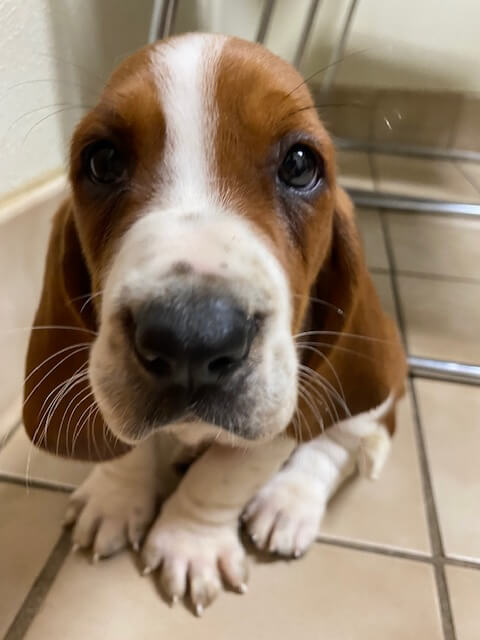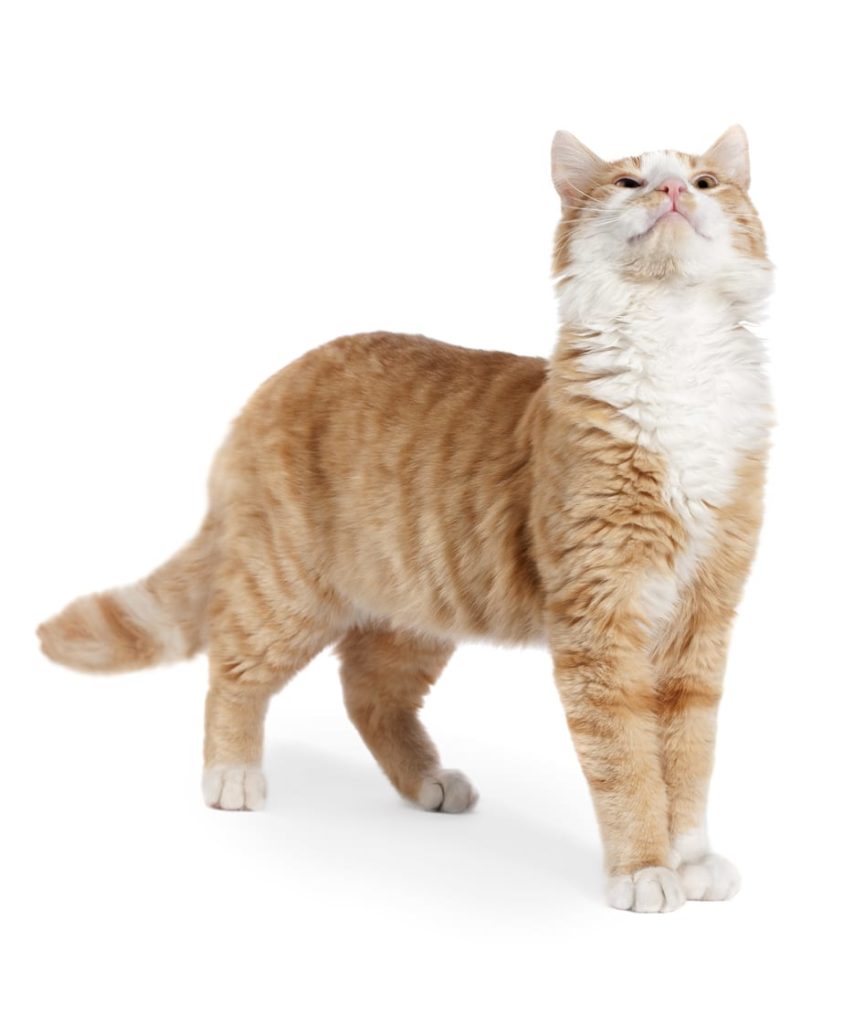
Spay & Neuter
Setting your pet on the right path to a long and healthy life starts the moment you bring them into your home. In addition to making sure they have their checkups and vaccinations, you also need to consult with your veterinarian about having your pet spayed or neutered. Dog and cat spay and neutering is the only way to prevent unwanted pet pregnancies and reduce animal overpopulation in the Elwood community. They can also help dogs and cats live longer!
Benefits of Spaying/Neutering Your Pet
When done at the proper time, spaying/neutering will have a positive effect on your pet’s health. These life-changing procedures have been found to increase the lifespan of dogs and cats by helping to prevent (or lessen the likelihood of) certain illnesses, including:
- Uterine, ovarian, and mammary cancers (females)
- Prostate and testicular cancer (males)
- Pyometra – an infection of the uterus that can be caused by hormonal changes (females)
Behavioral Changes that May Occur
Along with the health benefits you can expect, your spayed or neutered pet will also be less likely to engage in certain unpleasant behaviors:
- Going into heat and spotting (females)
- Spraying urine/marking (males)
- Roaming away to find a mate and putting their safety at risk (males and females)
- Aggressiveness (males)
- Mounting (males)

How to Help Your Pet Recover from Their Surgery
As routine as spay and neuter surgeries are, dogs and cats alike still need time to recover fully after their procedure. Here are some things you will need to keep in mind when your pet is discharged:
- Try to keep your pet confined (either in a crate or room) so they are not putting too much strain on their sutures. A calm, quiet environment is ideal.
- When you take your pet outside to go to the bathroom, keep them on a leash so they don’t try to run off.
- Check your pet’s incision site every day for seepage, swelling, redness, or anything else unusual.
- To prevent licking and chewing at the incision site, get an e-collar, cloud collar, or snug-fitting garment (such as a child’s onesie or an old T-shirt) to cover the area.
- Your pet’s incision needs to stay clean and dry for as long as your veterinarian deems appropriate. That means no bathing or swimming.
For more information about helping your pet recover following their spay or neuter, contact us at 765-552-9851.
